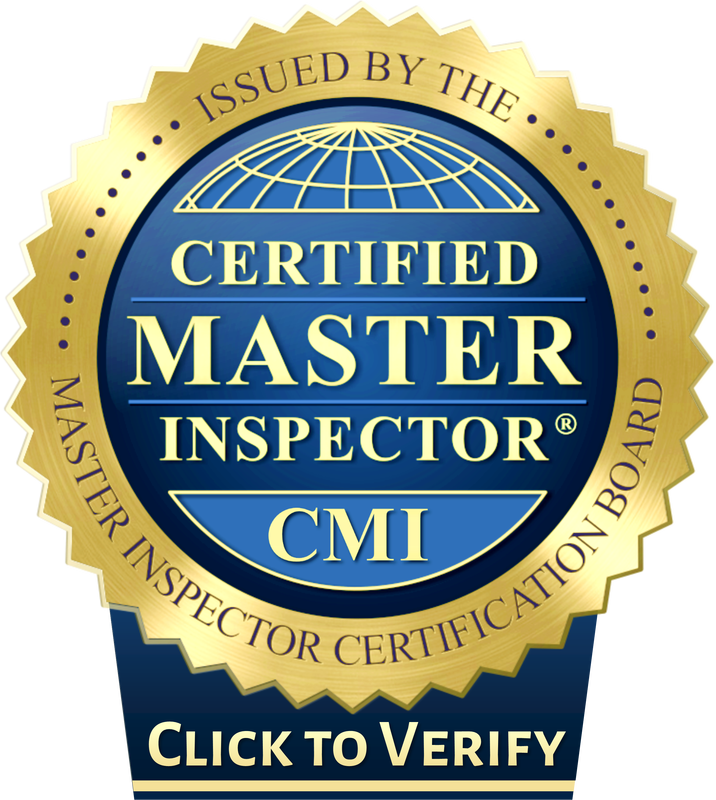(505) 588-9559
SuperHomeInspections@Yahoo.com
Superior Home Inspections
Certified Home Inspectors in Albuquerque, Rio Rancho, New Mexico areas.
|
|
BlogsSeptic SystemsSeptic Systems
 Septic systems treat and disperse relatively small volumes of wastewater from individual and small numbers of homes and commercial buildings. Septic system regulation is usually a state and local responsibility. The EPA provides information to homeowners and assistance to state and local governments to improve the management of septic systems to prevent failures that could harm human health and water quality. Septic systems treat and disperse relatively small volumes of wastewater from individual and small numbers of homes and commercial buildings. Septic system regulation is usually a state and local responsibility. The EPA provides information to homeowners and assistance to state and local governments to improve the management of septic systems to prevent failures that could harm human health and water quality. Information for Homeowners
If your septic tank failed, or you know someone whose did, you are not alone. As a homeowner, you are responsible for maintaining your septic system. Proper septic system maintenance will help keep your system from failing and will help maintain your investment in your home. Failing septic systems can contaminate the ground water that you and your neighbors drink and can pollute nearby rivers, lakes and coastal waters. Ten simple steps you can take to keep your septic system working properly:
How does it work?
A typical septic system has four main components: a pipe from the home, a septic tank, a drainfield, and
 the soil. Microbes in the soil digest and remove most contaminants from wastewater before it eventually reaches groundwater. The septic tank is a buried, watertight container typically made of concrete, fiberglass, or polyethylene. It holds the wastewater long enough to allow solids to settle out (forming sludge), and oil and grease to float to the surface (as scum). It also allows partial decomposition of the solid materials. Compartments and a T-shaped outlet in the septic tank prevent the sludge and scum from leaving the tank and traveling into the drainfield area. Screens are also recommended to keep solids from entering the drainfield. The wastewater exits the septic tank and is discharged into the drainfield for further treatment by the soil. Micro-organisms in the soil provide final treatment by removing harmful bacteria, viruses and nutrients. the soil. Microbes in the soil digest and remove most contaminants from wastewater before it eventually reaches groundwater. The septic tank is a buried, watertight container typically made of concrete, fiberglass, or polyethylene. It holds the wastewater long enough to allow solids to settle out (forming sludge), and oil and grease to float to the surface (as scum). It also allows partial decomposition of the solid materials. Compartments and a T-shaped outlet in the septic tank prevent the sludge and scum from leaving the tank and traveling into the drainfield area. Screens are also recommended to keep solids from entering the drainfield. The wastewater exits the septic tank and is discharged into the drainfield for further treatment by the soil. Micro-organisms in the soil provide final treatment by removing harmful bacteria, viruses and nutrients.Your septic system is your responsibility!Did you know that, as a homeowner, you’re responsible for maintaining your septic system? Did you know that maintaining your septic system protects your investment in your home? Did you know that you should periodically inspect your system and pump out your septic tank? If properly designed, constructed and maintained, your septic system can provide long-term, effective treatment of household wastewater. If your septic system isn’t maintained, you might need to replace it, costing you thousands of dollars. A malfunctioning system can contaminate groundwater that might be a source of drinking water. And if you sell your home, your septic system must be in good working order.
Pump frequently...
You should have your septic system inspected at least every three years by a professional, and have your tank pumped as necessary (generally every three to five years).
Use water efficiently...
Average indoor water use in the typical single-family home is almost 70 gallons per person per day. Dripping faucets can waste about 2,000 gallons of water each year. Leaky toilets can waste as much as 200 gallons each day. The more water a household conserves, the less water enters the septic system.
Flush responsibly...
Dental floss, feminine hygiene products, condoms, diapers, cotton swabs, cigarette butts, coffee grounds, cat litter, paper towels, and other kitchen and bathroom waste can clog and potentially damage septic system components. Flushing household chemicals, gasoline, oil, pesticides, anti-freeze and paint can stress or destroy the biological treatment taking place in the system, as well as contaminate surface waters and groundwater.
How do I maintain my septic system?
Why should I maintain my septic system?
A key reason to maintain your septic system is to save money! Failing septic systems are expensive to repair or replace, and poor maintenance is often the culprit. Having your septic system inspected (at least every three years) is a bargain when you consider the cost of replacing the entire system. Your system will need pumping every three to five years, depending on how many people live in the house and the size of the system. An unusable septic system or one in disrepair will lower your property’s value and could pose a legal liability. Other good reasons for safe treatment of sewage include preventing the spread of infection and disease, and protecting water resources. Typical pollutants in household wastewater are nitrogen phosphorus, and disease-causing bacteria and viruses. Nitrogen and phosphorus are aquatic plant nutrients that can cause unsightly algae blooms. Excessive nitrate-nitrogen in drinking water can cause pregnancy complications, as well as methemoglobinemia (also known as "blue baby syndrome") in infancy. Pathogens can cause communicable diseases through direct or indirect body contact, or ingestion of contaminated water or shellfish. If a septic system is working properly, it will effectively remove most of these pollutants.
 |



